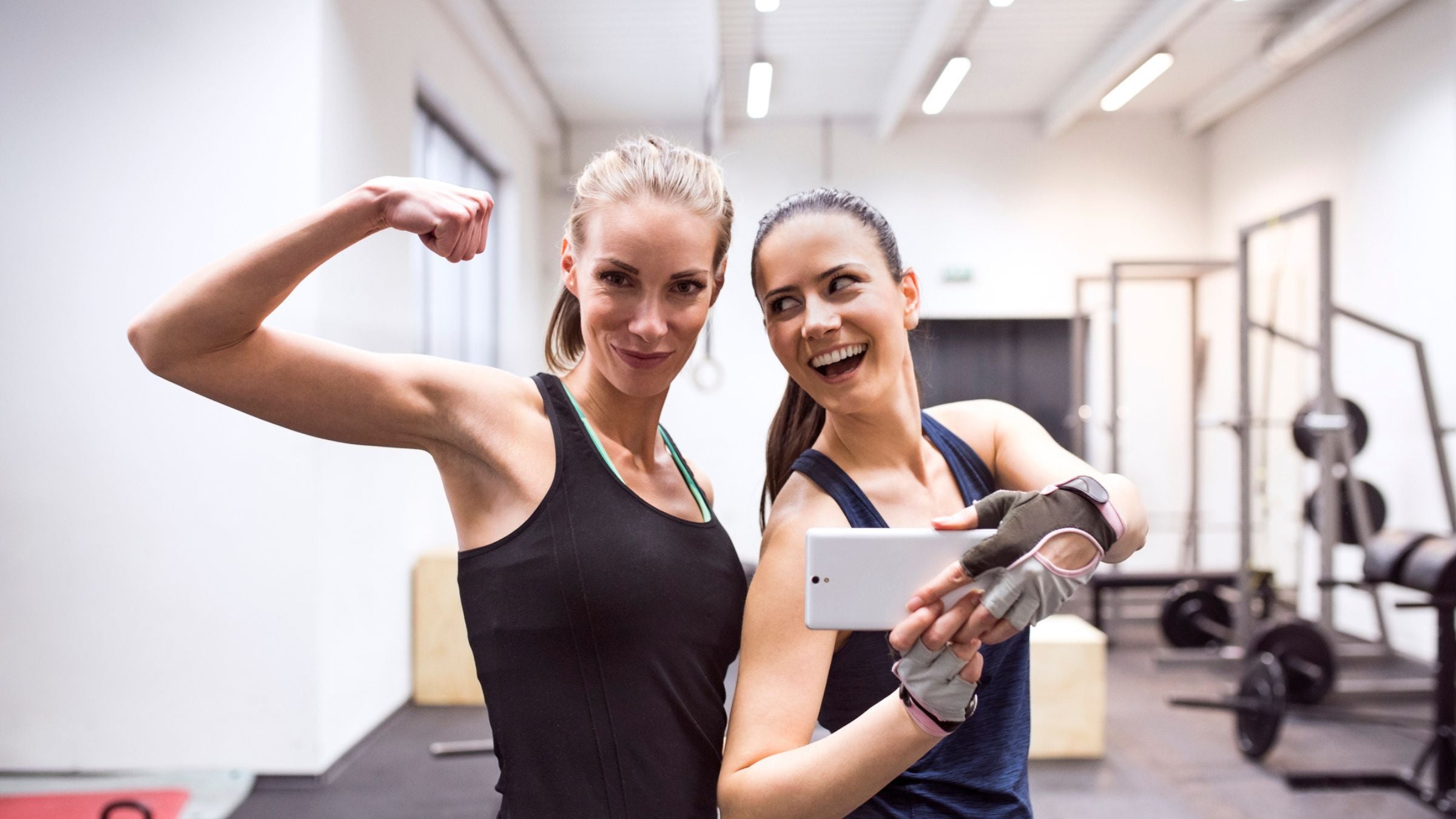How Much Do Genetics Impact Fitness Results?

(Photo: GettyImages)
It’s no secret genetics play a role in the outcome of your fitness plan, but just how much of a role?
A recent study has identified a selection of genes that influence the results of exercise. The research, published in the journal PLOS ONE, included data on 3,012 adults aged between 18-55 who had not previously taken part in a concrete fitness routine. Participants trained the same in three types of exercise: muscle strength, cardiovascular fitness and anaerobic power.
While each person benefited from the training, some saw better results, even compared with others who were following the exact same exercises. Combining the findings of 24 studies, researchers concluded that genetic differences were responsible for 72 percent of the variation in outcomes when it came to muscle strength, 44 percent of the variation in cardiovascular fitness outcomes and 10 percent in anaerobic power.
“We know that exercise is good for us, but we all improve at different rates, even when following identical training regimens. This means there are other factors at play,” Lead author Henry Chung, a postgraduate researcher at Anglia Ruskin University, said in a release.
In all, the study identified 13 genes that could play a key role in how someone responds to certain types of exercise. Within each gene are alleles that affect the effectiveness of that gene, and alleles are what the study authors believe are the cause of a person’s response to exercise. This means that genetic testing could likely confirm the type of exercise that’s best for someone.
This research adds to the evidence suggesting individuals should make their fitness routines work for them and their bodies, as everyone responds differently to each form of training.
“Because everyone’s genetic make-up is different, our bodies respond slightly differently to the same exercises,” Chung said. “Therefore, it should be possible to improve the effectiveness of an exercise regime by identifying someone’s genotype and then tailoring a specific training program just for them. This could particularly benefit those who need to see improvements in a short period of time, such as hospital patients, or elite sportspeople, where marginal improvements could mean the difference between success and failure.”